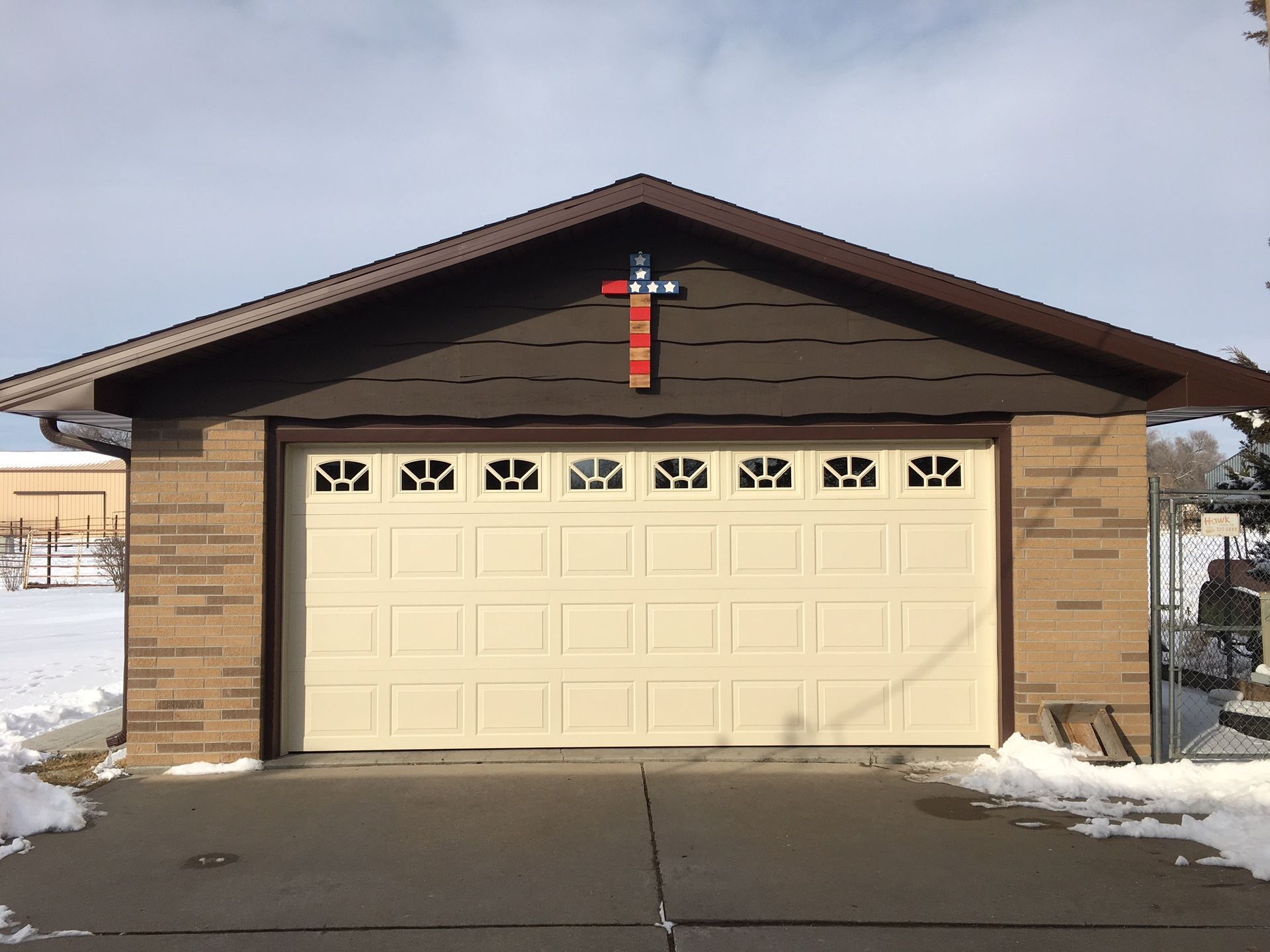Did you know that roof insulation is essential to your home’s energy efficiency? Let’s explore how effective insulation enhances roof performance, reduces energy costs, and makes your home more comfortable.
Why Insulation is Crucial for Roof Efficiency
Roof insulation is vital for your home’s temperature regulation. It prevents heat from escaping in the winter and keeps your home cool during summer, enhancing comfort and energy efficiency.
The Impact of Insulation on Energy Bills
Inadequate insulation forces heating and cooling systems to overwork, driving up your energy bills. Upgrading your roof insulation helps retain temperature, reduce energy costs, and lower your carbon footprint.
Top Tips for Improving Roof Insulation
- Consider R-Value: Ensure the insulation you choose has a high R-value for optimal performance in your specific climate zone.
- Use Reflective Insulation: Consider upgrading to reflective insulation to reduce heat absorption and improve energy efficiency in hotter climates.
- Prevent Air Leaks: Make sure to seal any air leaks around vents, skylights, and chimneys to stop warm or cool air from escaping.
- Don’t Forget the Attic: Since heat rises, ensure your attic is properly insulated to prevent heat from escaping through the roof.

Weathercraft’s Recommendations for Optimal Insulation
We suggest eco-friendly, durable insulation materials that ensure long-term performance. Weathercraft’s experts will assess your needs and recommend the best insulation solutions for maximum energy efficiency and budget flexibility.